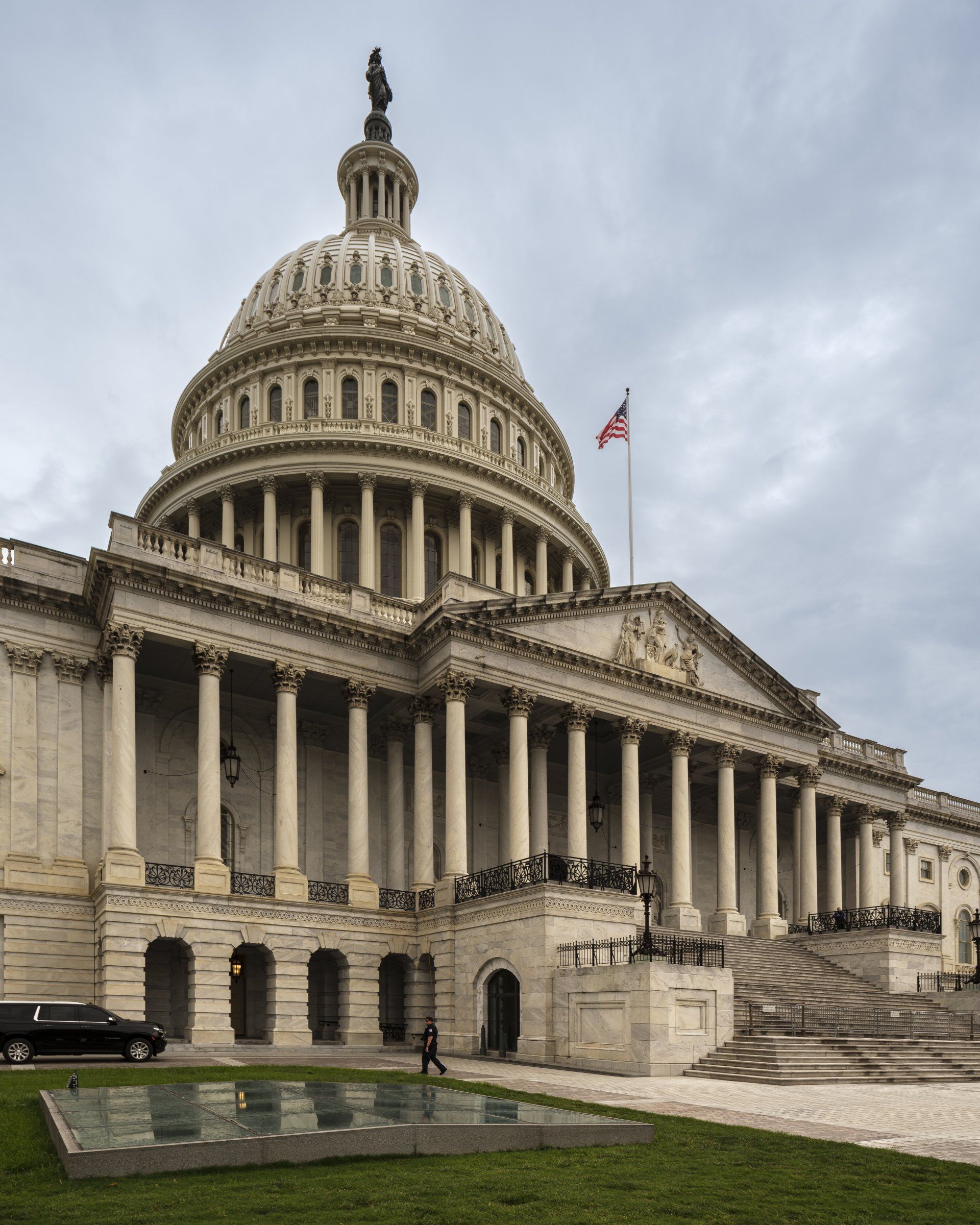What is the Federal Tort Claims Act, and who does it apply to?
Alabama Federal Torts Claims Act (FTCA) Lawyer

The Federal Tort Claims Act (FTCA) is a statute enacted by the United States Congress in 1946. It allows private individuals to sue the United States in federal court for torts committed by persons acting on behalf of the United States. Here are the key aspects of the FTCA:
Key Provisions of the FTCA:
- Waiver of Sovereign Immunity: The FTCA constitutes a limited waiver of the sovereign immunity of the United States, allowing it to be sued under certain conditions.
2. Scope of Liability: The Act covers tortious acts or omissions, including negligence, committed by federal employees acting within the scope of their official duties.
3. Exclusions and Exceptions: There are several exceptions to the government's waiver of immunity under the FTCA. Notably, it does not apply to:
- Claims arising out of combatant activities of the military during wartime.
- Certain intentional torts (though there are exceptions for specific acts committed by law enforcement officers).
- Claims based on the performance or failure to perform a discretionary function or duty.
4. Procedure: Before filing a lawsuit, a claimant must first present an administrative claim to the appropriate federal agency. The agency then has six months to respond. If the claim is denied or not satisfactorily resolved, the claimant may then file a lawsuit in federal court.
Who Does the FTCA Apply To?
- Federal Employees: The FTCA applies to employees of the federal government, including civilian employees and, in certain cases, members of the military.
- Government Agencies: Claims can be brought against various federal agencies, provided the tortious act was performed by an employee acting within the scope of their employment.
Purpose and Impact:
The FTCA aims to provide a legal remedy for individuals who suffer injury or damage due to the negligence or wrongful acts of federal employees. Prior to the FTCA, the principle of sovereign immunity prevented such lawsuits against the federal government. By allowing these claims, the FTCA holds the government accountable for the actions of its employees and provides a measure of justice to individuals harmed by such actions.
In summary, the FTCA is a critical piece of legislation that permits individuals to seek redress for torts committed by federal employees, subject to certain limitations and procedural requirements.
Contact The Justice Law Firm, LLC today for a FREE consultation.


